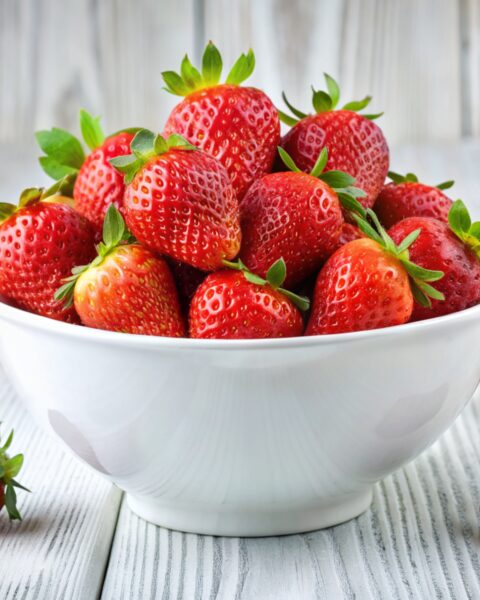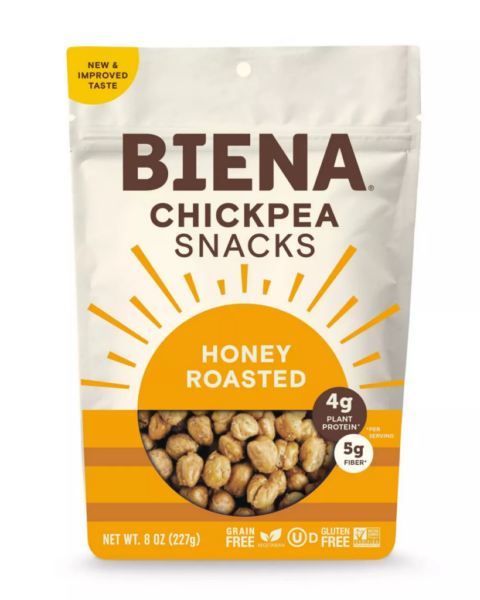Sometimes it’s easy to get stuck in a routine with the same vegetables week after week, but there are so many underrated root vegetables that can give you a real boost. Adding a few of these less common roots to your meals can make a huge difference in how you feel. They’re full of vitamins, antioxidants, and other essential nutrients your body needs. Trying something new might just be what your diet (and your health) has been missing.
Contents
- 1 Salsify
- 2 Burdock Root
- 3 Yacon
- 4 Taro Root
- 5 Jicama
- 6 Sunchokes (Jerusalem Artichokes)
- 7 Parsnip
- 8 Rutabaga
- 9 Daikon Radish
- 10 Tumeric Root
- 11 Kohlrabi
- 12 Cassava
- 13 Lotus Root
- 14 Arrowroot
- 15 Ube (Purple Yam)
- 16 Celeriac (Celery Root)
- 17 Maca Root
- 18 Malanga
- 19 More From RetailShout
- 20 15 Lesser-Known Healthy Snacks That Pack a Nutritional Punch
- 21 15 Useless Basement Items to Let Go of, According to Experts
Salsify
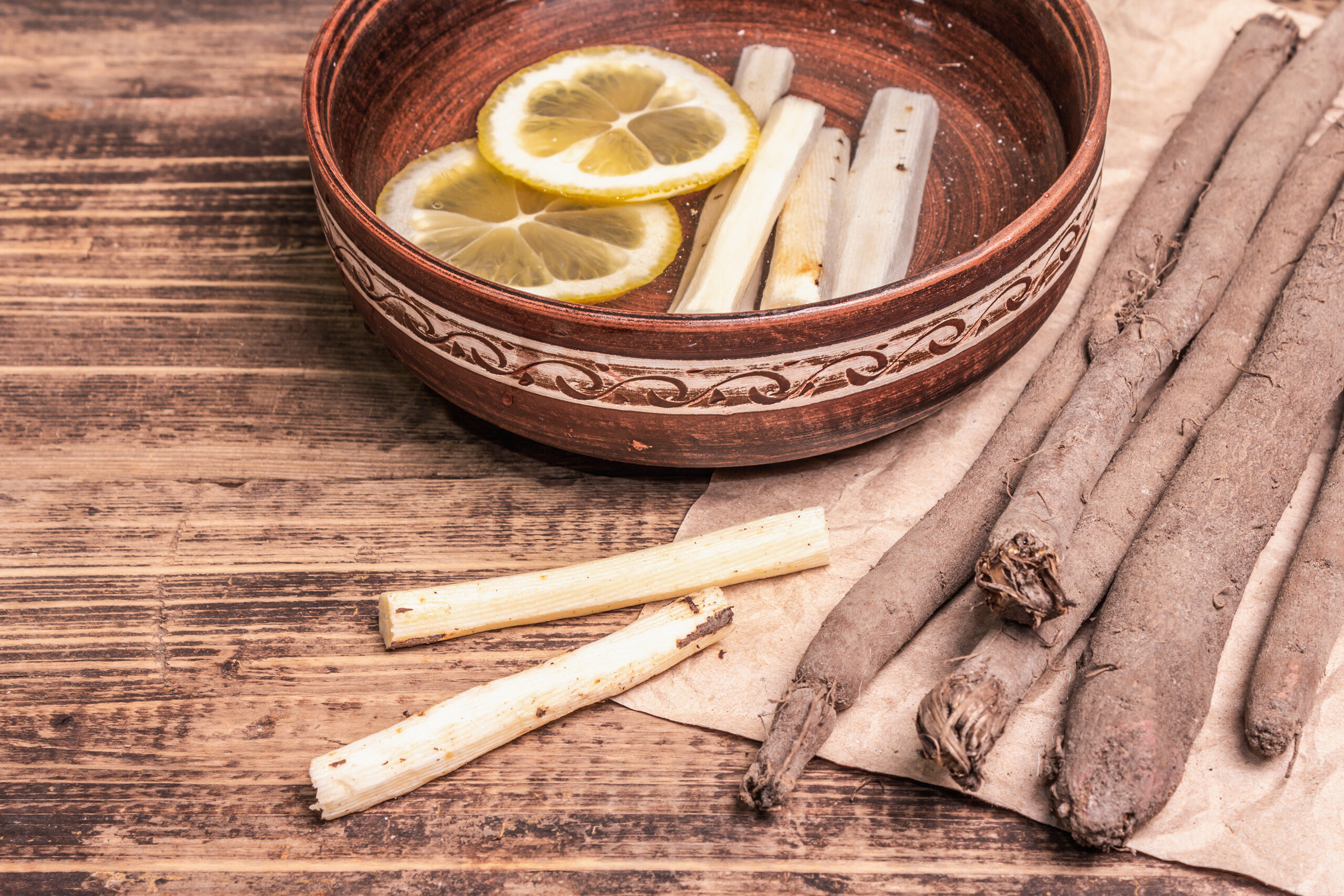
Salsify is a lesser-known root vegetable resembling a thin parsnip. It is packed with inulin, a type of prebiotic fiber that supports digestive health and boosts energy levels by promoting healthy gut bacteria. High in vitamin C and potassium, salsify helps improve immune function and maintain heart health. Its subtle oyster-like flavor makes it a versatile addition to soups and stews. The vegetable also contains iron, which is essential for oxygen transportation in the body, helping fight fatigue. Incorporating salsify into your diet can enhance endurance and immunity.
Burdock Root

Burdock root is known for its detoxifying properties and is widely used in traditional medicine. Rich in antioxidants, burdock root helps combat oxidative stress, boosting the immune system. It also contains inulin, which supports gut health, thereby enhancing nutrient absorption and sustained energy. This root is high in vitamin E and fiber, helping to reduce inflammation and regulate blood sugar levels. With antibacterial and antiviral properties, burdock root is ideal for strengthening the body’s defenses. Its mild, earthy taste works well in teas and stir-fries.
Yacon
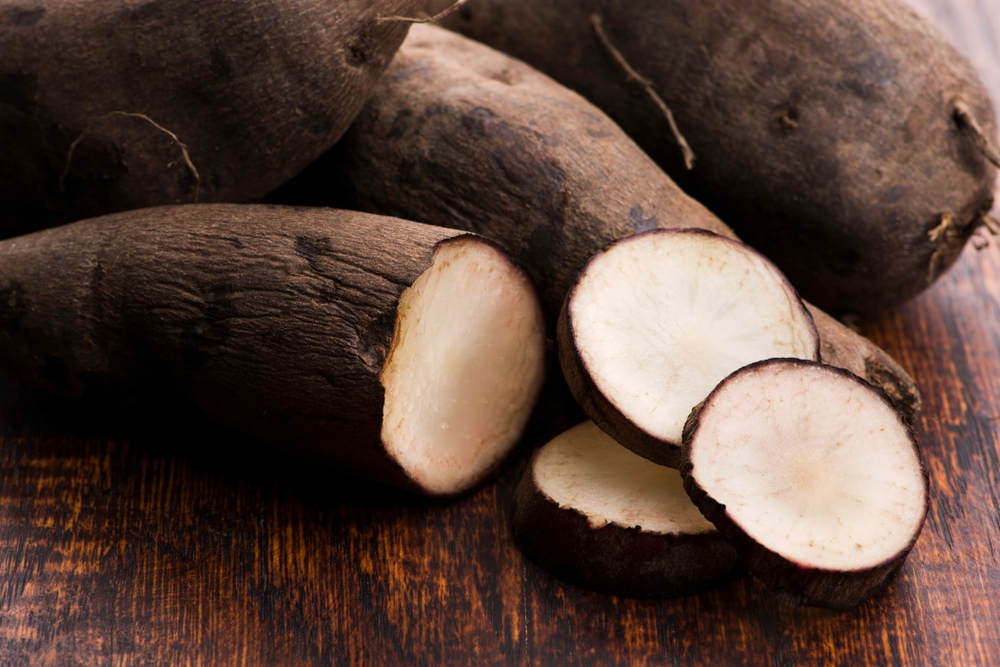
Yacon is a sweet-tasting root that resembles a potato but has a much lower calorie count. It is rich in fructooligosaccharides, which act as prebiotics, promoting healthy gut bacteria and improving energy metabolism. Yacon is a good source of potassium and antioxidants, which enhance immune response and heart health. Its juice is often used to regulate blood sugar, making it suitable for diabetics. This root is also known to boost skin health by improving hydration and elasticity. Eating yacon can help maintain energy levels throughout the day.
Taro Root
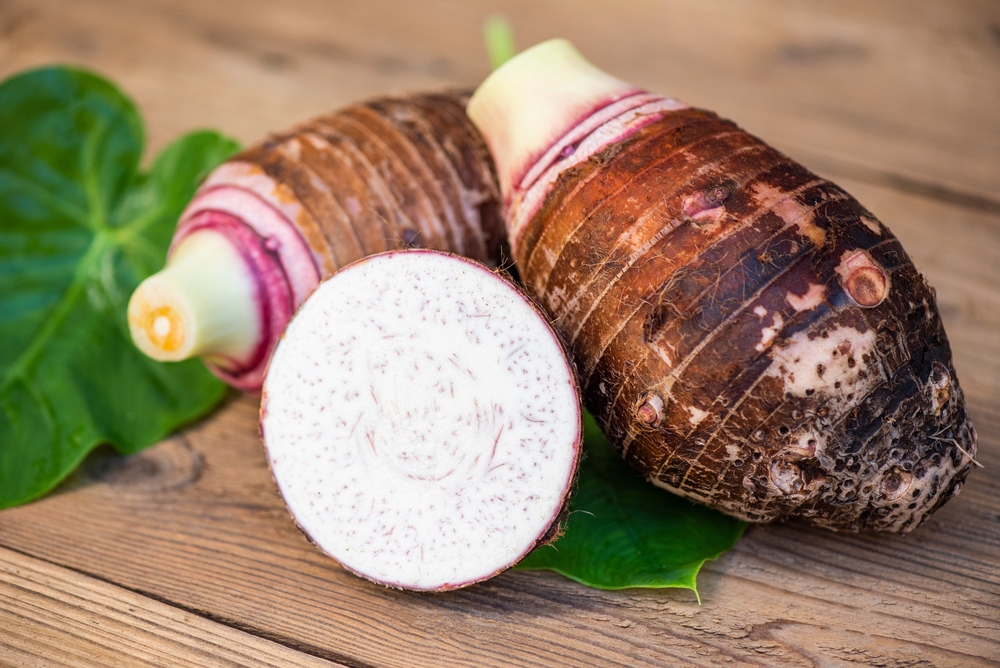
Taro root is a starchy vegetable that is rich in complex carbohydrates, providing long-lasting energy. It contains high levels of vitamin E and C, both essential for boosting the immune system and preventing cell damage. Taro is also an excellent source of potassium and magnesium, supporting heart health and proper muscle function. Its dietary fiber content aids in digestion and helps regulate blood sugar, making it beneficial for people with diabetes. The nutty flavor of taro makes it an excellent substitute for potatoes in various dishes.
Jicama
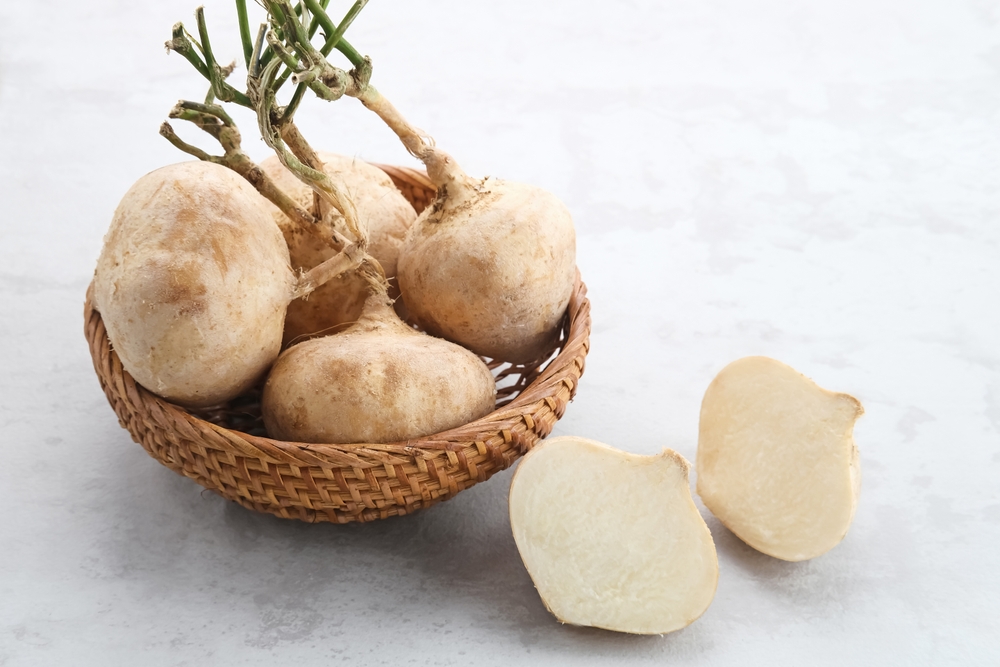
Jicama is a crunchy, sweet root vegetable often referred to as the “Mexican turnip.” It is rich in vitamin C, which enhances the immune system and collagen production for healthy skin. The high water and fiber content in jicama makes it a hydrating snack that supports digestion and sustained energy. Jicama also contains inulin, a prebiotic fiber that promotes gut health. Low in calories and rich in potassium, it helps maintain fluid balance and supports nerve function. Incorporating jicama into salads or raw snacks can enhance vitality and immunity.
Sunchokes (Jerusalem Artichokes)
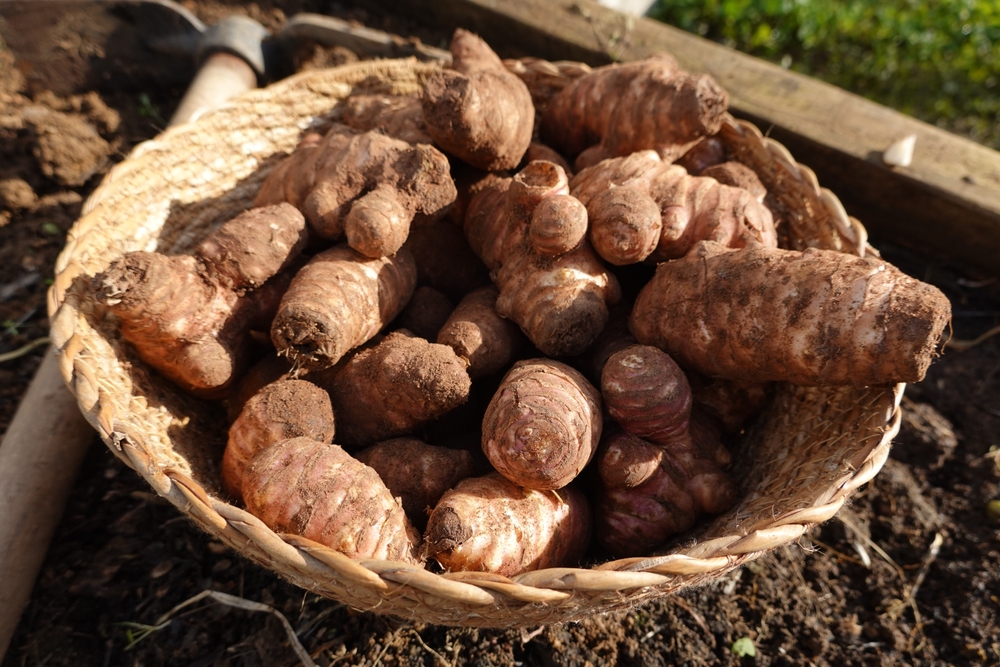
Sunchokes are tuberous root vegetables rich in iron, which supports red blood cell production and boosts energy levels. They are also packed with inulin, a prebiotic fiber that promotes healthy gut flora and aids digestion. Sunchokes contain vitamin C and phosphorus, essential for immune support and bone health. Their earthy, nutty flavor pairs well in soups or roasted dishes. With a high antioxidant content, sunchokes help fight inflammation and protect against cellular damage. Regular consumption can help maintain energy and a robust immune system.
Parsnip
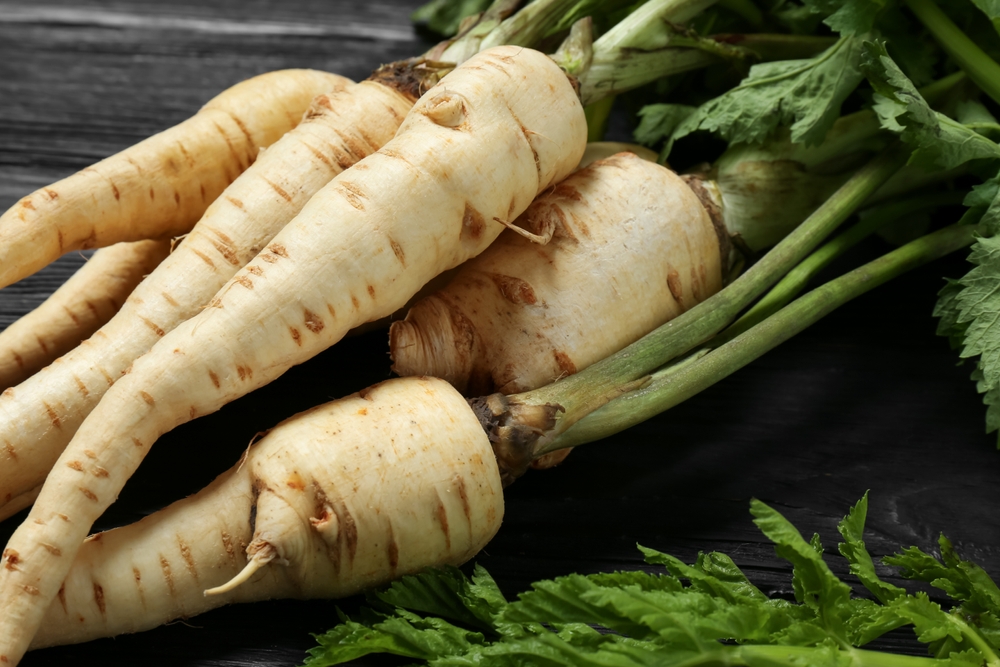
Parsnips are root vegetables related to carrots, offering a slightly sweet and nutty flavor. They are an excellent source of vitamin C and potassium, both critical for immune function and cardiovascular health. Parsnips also provide folate, which supports energy metabolism and red blood cell production. Their high fiber content aids digestion and helps maintain stable blood sugar levels, ensuring steady energy release throughout the day. Rich in antioxidants, parsnips help combat inflammation and enhance skin health. Including parsnips in your diet can promote vitality and immunity.
Rutabaga
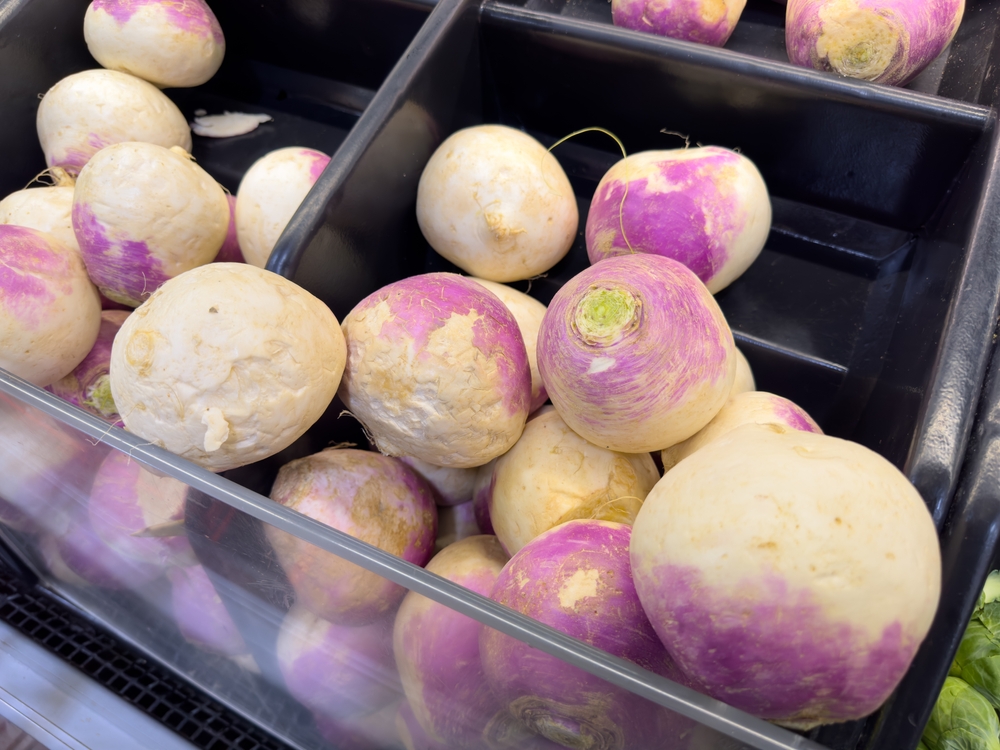
Rutabaga is a cross between a cabbage and a turnip, with a mildly sweet flavor. It is loaded with vitamin C and beta-carotene, which boost the immune system and improve skin health. Rutabaga’s high fiber content supports digestion and helps control blood sugar levels, providing a slow release of energy. It is also rich in potassium, which regulates blood pressure and supports heart function. The antioxidants in rutabaga protect cells from damage caused by free radicals. This versatile root can be roasted or mashed to support overall health.
Daikon Radish
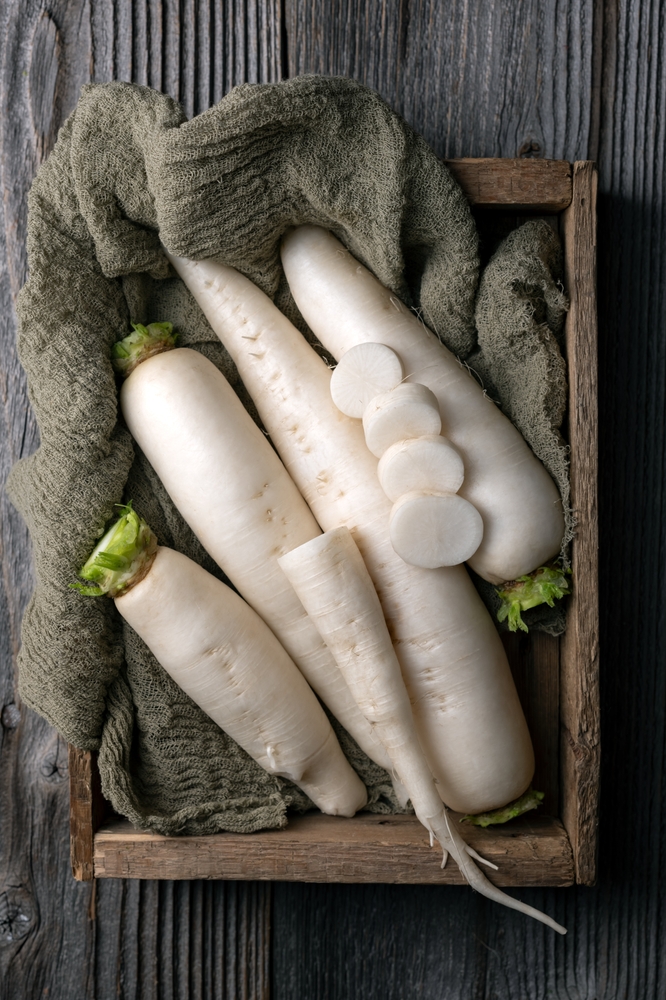
Daikon radish is a white, crunchy root vegetable commonly used in Asian cuisine. It is rich in vitamin C and enzymes that aid digestion and support immune function. Daikon has diuretic properties, helping to eliminate toxins and excess fluids from the body, boosting energy levels. The fiber content in daikon supports gut health and ensures sustained energy throughout the day. Its antioxidants help protect the body from inflammation and oxidative stress. Daikon can be eaten raw in salads or cooked in soups to promote a healthy immune system.
Tumeric Root
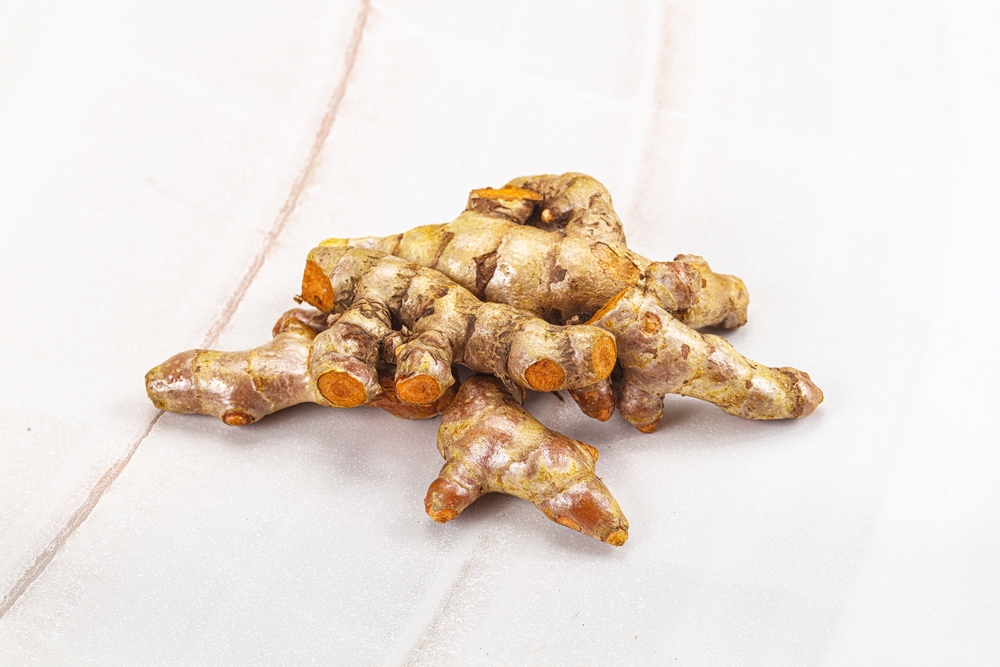
Turmeric root is well-known for its anti-inflammatory properties, primarily due to the active compound curcumin. It boosts immune function by enhancing the body’s antioxidant capacity, protecting cells from damage. Turmeric also supports energy metabolism by improving circulation and reducing oxidative stress. Its antibacterial and antiviral properties make it a potent remedy against infections. In addition to boosting immunity, turmeric can improve brain function and reduce the risk of chronic diseases. Including turmeric in curries or smoothies can help maintain overall health and energy levels.
Kohlrabi
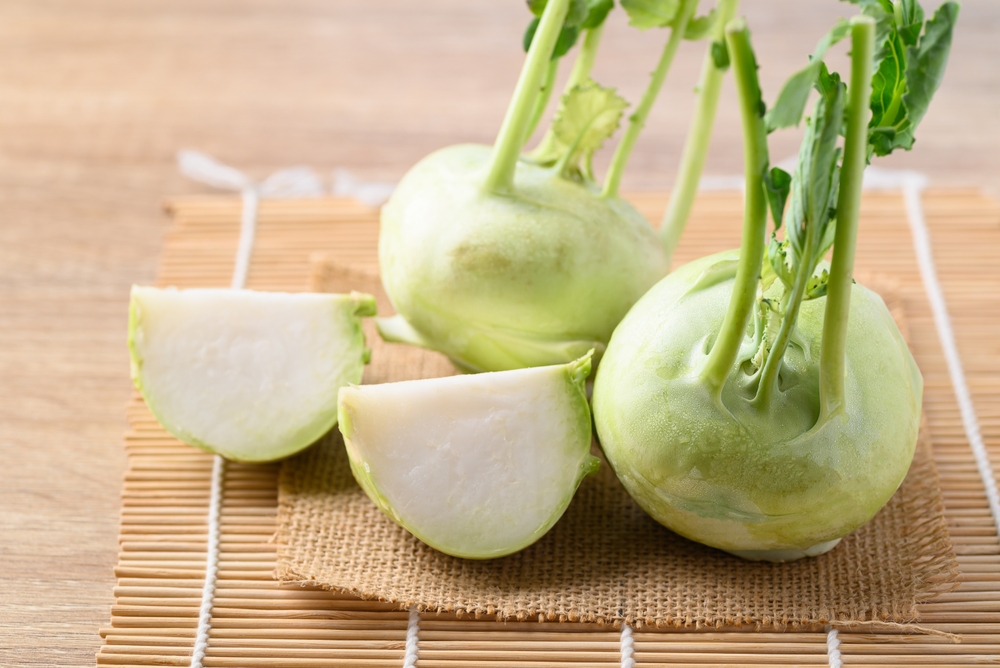
Kohlrabi is a unique root vegetable in the cabbage family, offering a mild, slightly sweet flavor. It’s packed with vitamin C, a powerful antioxidant that supports immune function and skin health. Kohlrabi is also a rich source of dietary fiber, aiding digestion and helping to regulate blood sugar levels, which leads to sustained energy throughout the day. In addition to fiber, it provides essential minerals like potassium and magnesium, which are crucial for muscle and nerve function. The high antioxidant content helps reduce inflammation and prevent cell damage. Whether eaten raw or cooked, kohlrabi is a nutritious choice for energy and immunity.
Cassava
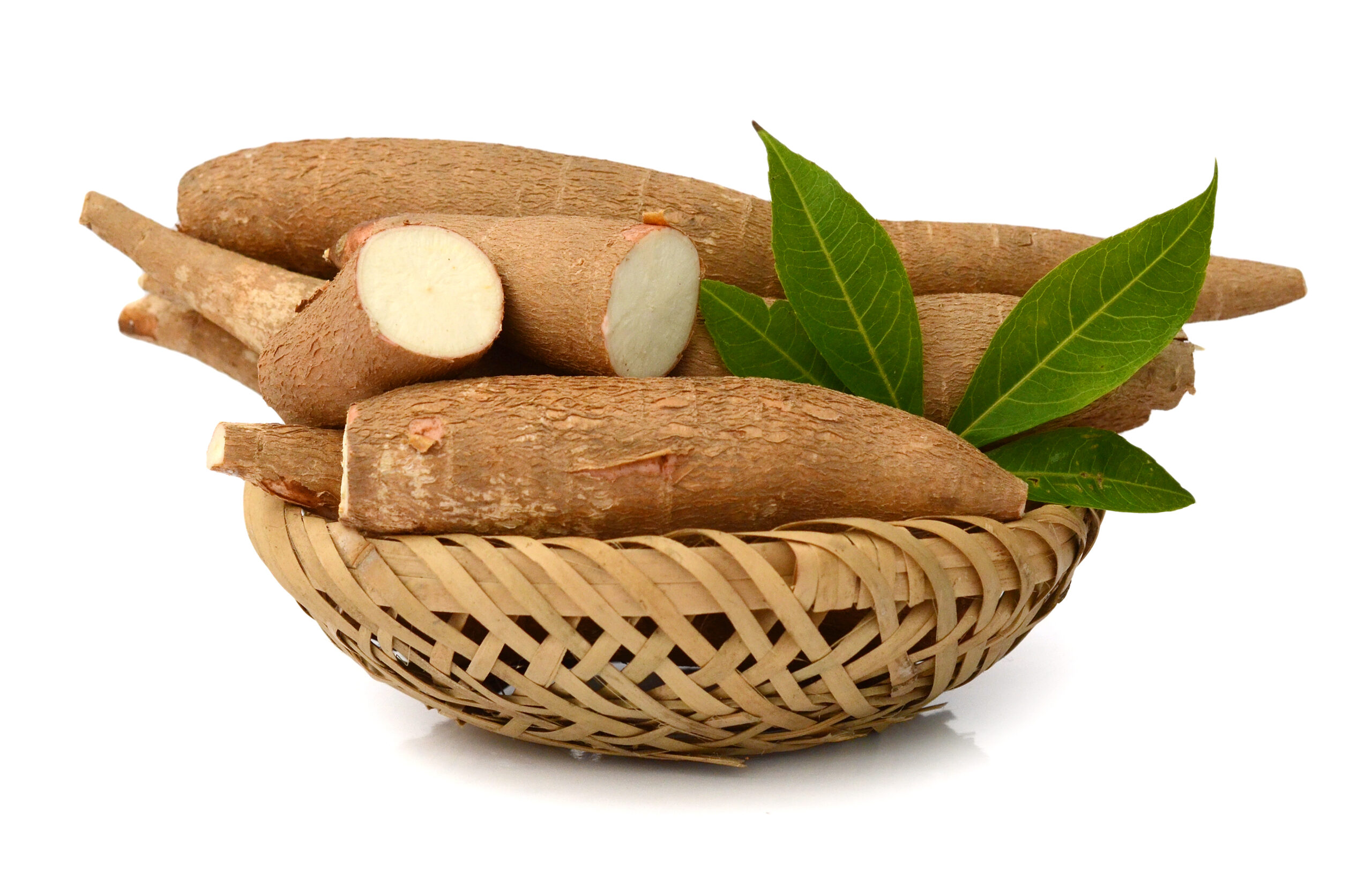
Cassava, also known as yuca, is a starchy root vegetable that’s a staple in many tropical countries. It is rich in carbohydrates, making it a great source of long-lasting energy. Cassava contains essential nutrients such as vitamin C and manganese, which help boost the immune system and fight off oxidative stress. The root is also gluten-free, making it suitable for people with gluten sensitivities. Cassava is high in resistant starch, which promotes gut health by feeding beneficial bacteria in the intestines. However, it must be properly prepared, as raw cassava contains toxins that can be harmful.
Lotus Root
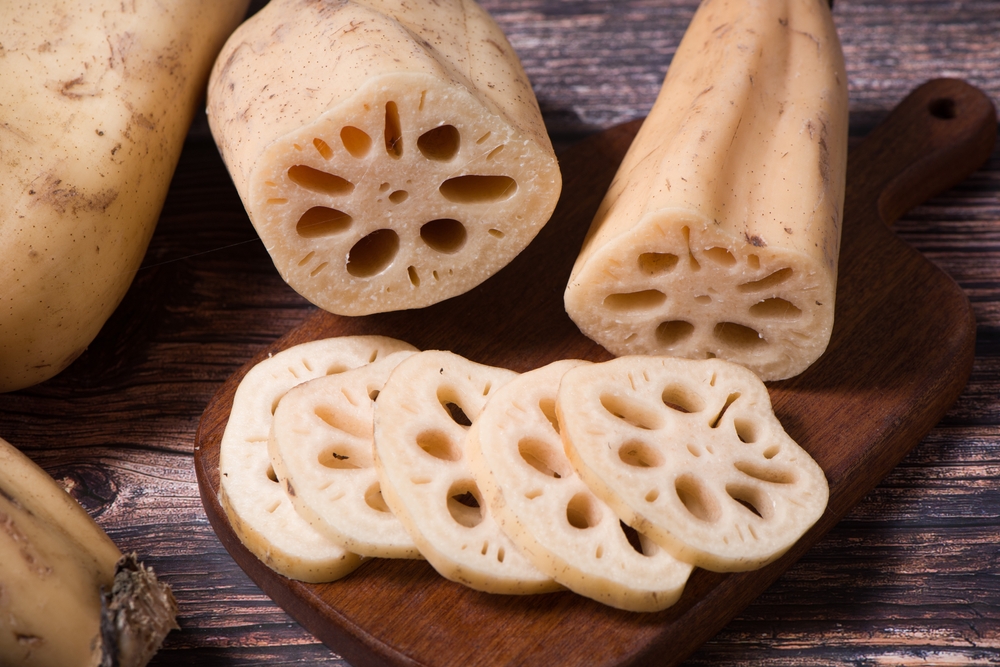
Lotus root is a crunchy and mildly sweet vegetable used in many Asian dishes. It’s a rich source of vitamin C and copper, both of which play a vital role in immune function and collagen production. Lotus root contains significant amounts of dietary fiber, helping to promote digestion and prevent constipation. The vegetable also boasts a high content of potassium, which supports heart health and proper fluid balance in the body. Additionally, lotus root has been shown to improve circulation, providing energy to tissues and organs. Its unique texture and flavor make it a delicious and healthy addition to soups and stir-fries.
Arrowroot
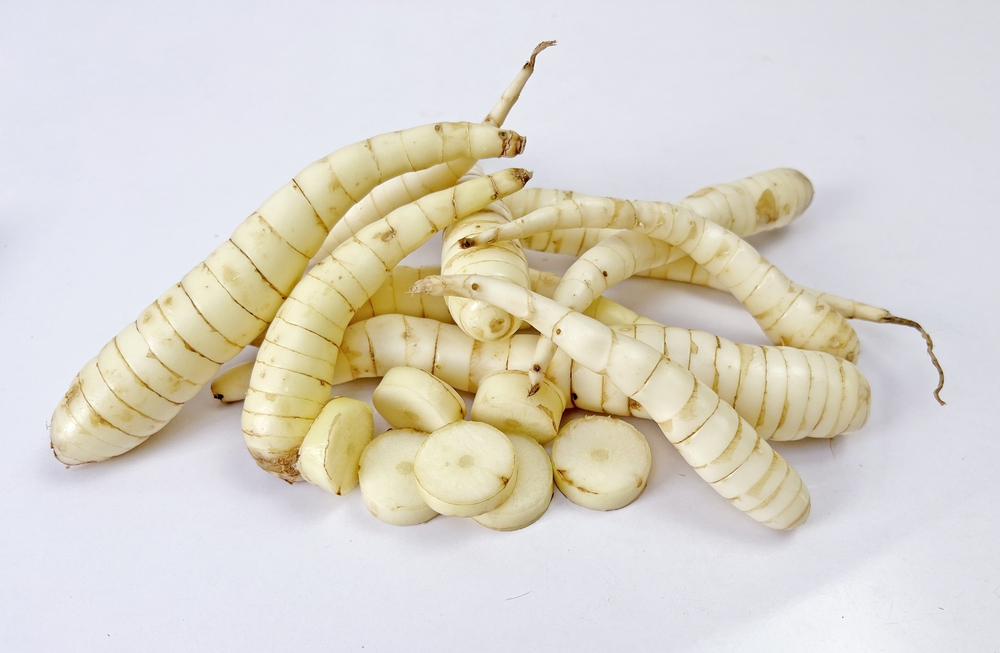
Arrowroot is a starch-rich root vegetable often used as a natural thickening agent in cooking. It’s easy to digest and provides a good source of energy due to its high carbohydrate content. Arrowroot is also gluten-free and is often used in place of flour for people with dietary restrictions. It’s packed with B vitamins, which are essential for energy metabolism and immune support. The root is known for its anti-inflammatory properties, making it useful in treating digestive issues and soothing irritated tissues. Incorporating arrowroot into your diet can help maintain energy levels and support a healthy immune system.
Ube (Purple Yam)
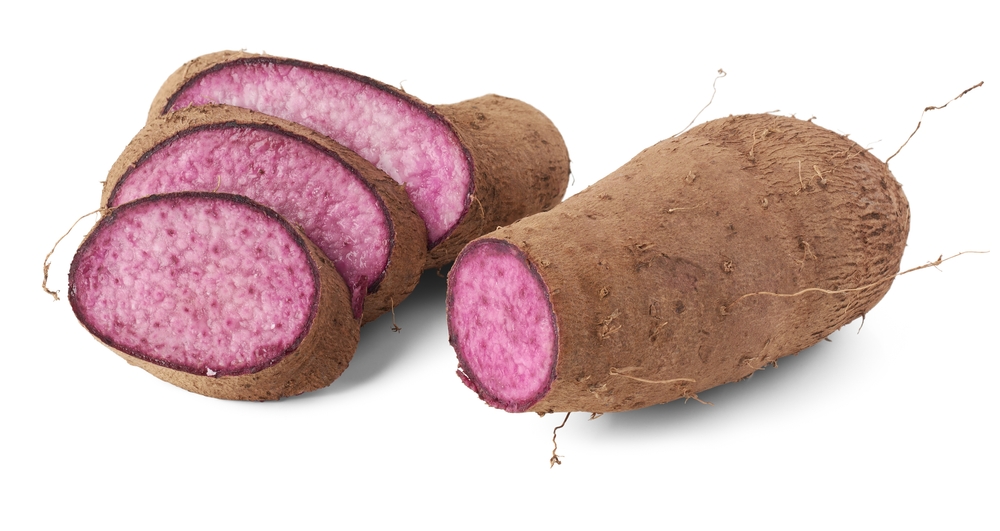
Ube, or purple yam, is a vibrant root vegetable that stands out for its high antioxidant content, particularly anthocyanins, which help boost immunity and fight inflammation. Rich in complex carbohydrates, ube provides long-lasting energy and helps regulate blood sugar levels. It’s also packed with vitamins C and E, which support skin health and strengthen the immune system. Ube contains fiber, which promotes digestion and helps prevent spikes in blood sugar. The root is a great source of potassium, aiding in heart health and muscle function. Its naturally sweet flavor makes it perfect for desserts and savory dishes alike.
Celeriac (Celery Root)
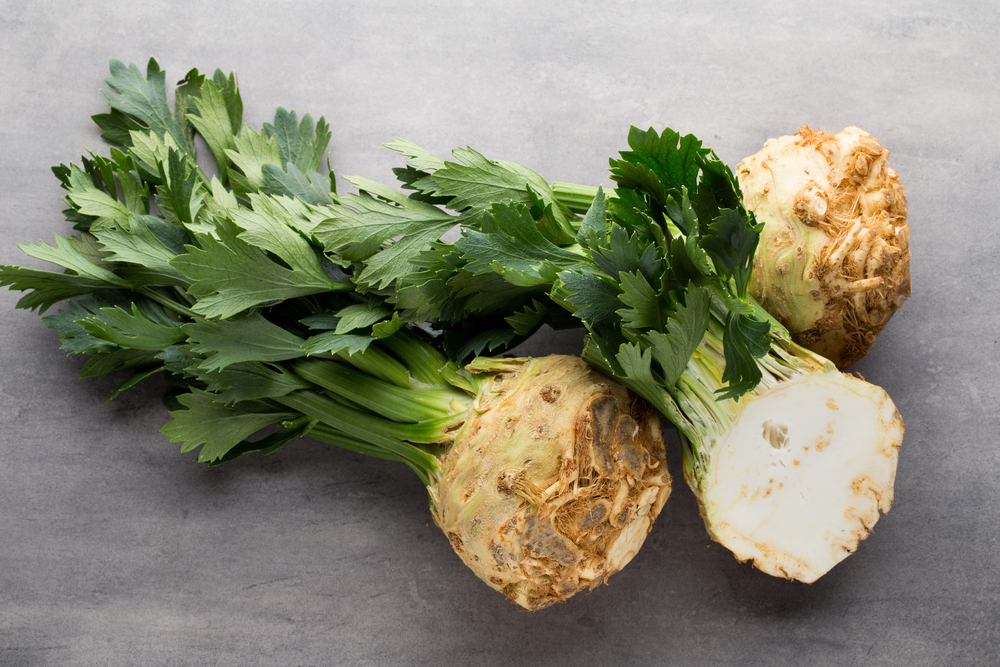
Celeriac, also known as celery root, is an often overlooked vegetable with a mild, earthy flavor. It’s rich in vitamin K, which is important for bone health, and provides a good source of vitamin C to support the immune system. Celeriac is low in calories but high in fiber, helping to promote digestion and keep you feeling full longer. It also contains potassium, which helps regulate blood pressure and prevent muscle cramps. The root’s high antioxidant content aids in reducing inflammation and protecting cells from oxidative damage. Whether roasted, mashed, or pureed, celeriac is a versatile and nutritious choice.
Maca Root
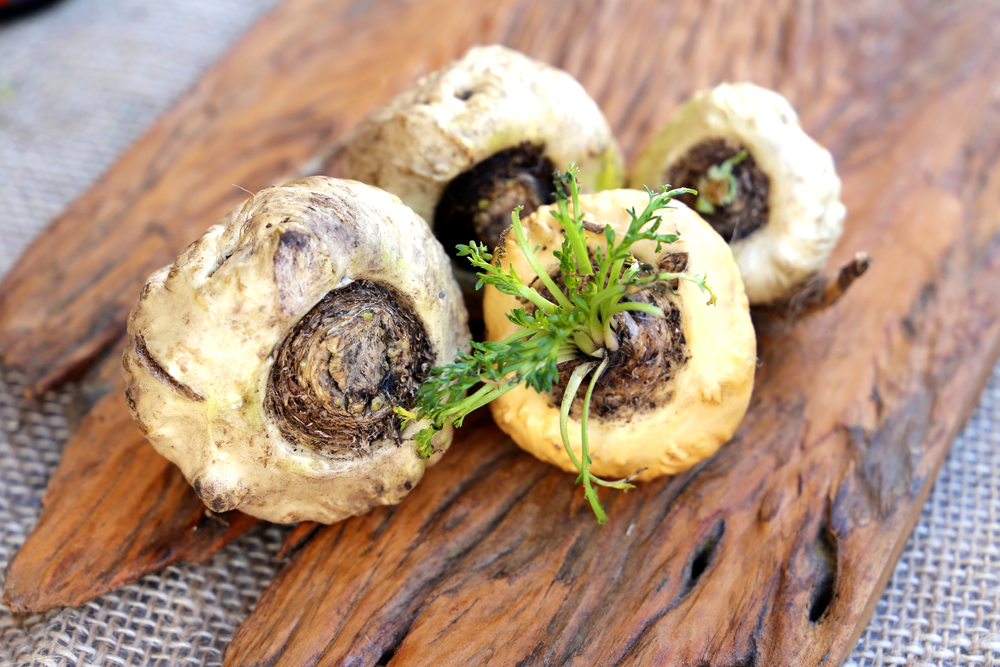
Maca root, native to the Peruvian Andes, is a well-known adaptogen, meaning it helps the body resist stress while boosting energy and stamina. Rich in essential vitamins and minerals, including vitamin C, copper, and iron, maca is excellent for immune support and combating fatigue. Maca also contains plant compounds that can improve mood and mental clarity. Its unique energy-boosting properties make it popular among athletes and those looking to increase endurance. Maca is also known for balancing hormones, particularly in women. It can be consumed in powder form, added to smoothies, or taken as a supplement.
Malanga
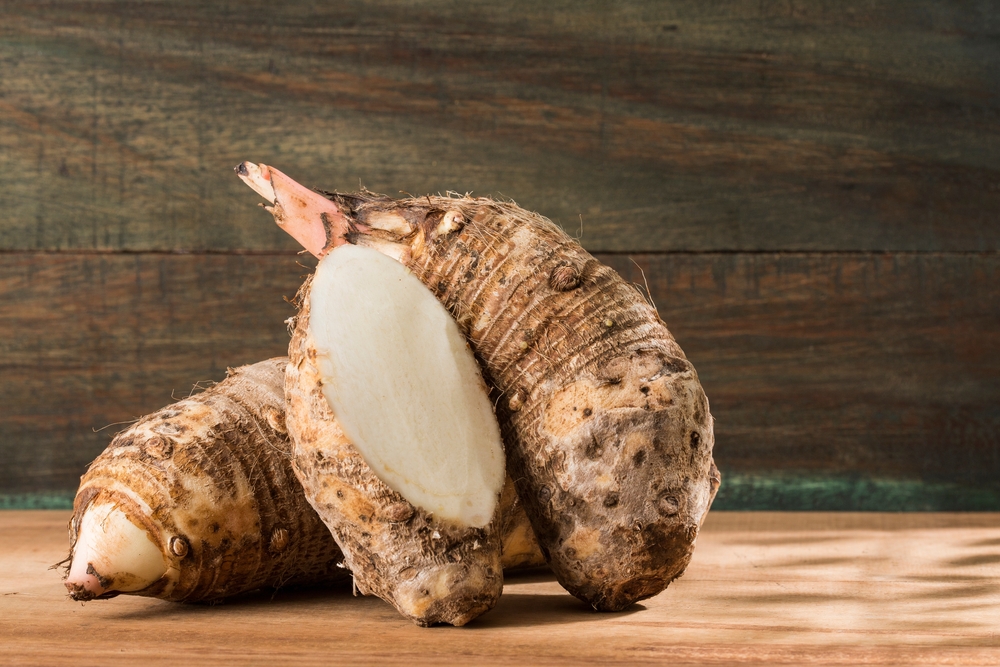
Malanga is a root vegetable similar to taro but has a more earthy flavor. It’s a good source of complex carbohydrates, providing a steady release of energy throughout the day. Malanga is rich in dietary fiber, which aids digestion and helps maintain a healthy gut. It’s also a great source of potassium, supporting heart health and proper muscle function. This root contains vitamin C, which boosts the immune system and protects against infections. Malanga’s hypoallergenic properties make it suitable for people with food sensitivities. It can be boiled, mashed, or fried to create delicious, nutritious meals.
This article originally appeared on RetailShout.
More From RetailShout
17 Packaged Foods with More Sugar Than You Think

Sugar has a sneaky way of showing up in the most unexpected places. You think you’re making a smart choice, but that innocent-looking product is packing more sugar than you’d ever guess. Sit back as you witness the uncovering of the sweet truth about packaged foods that have way more sugar than you would expect! brace yourself for some eye-openers! Read More
15 Lesser-Known Healthy Snacks That Pack a Nutritional Punch
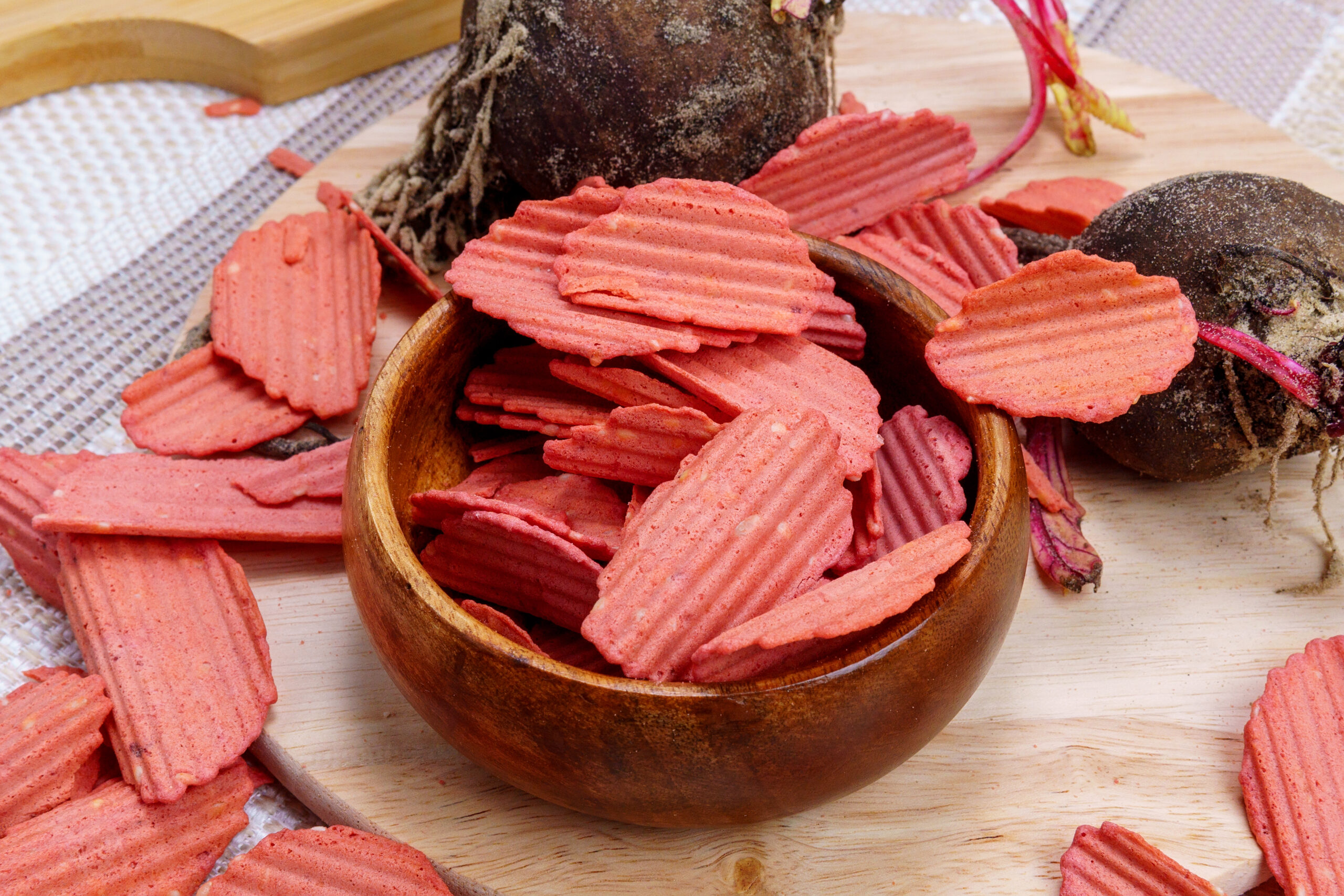
We all know about almonds and carrot sticks, but there’s a whole lineup of snacks out there that are just as healthy and way more exciting. These lesser-known treats may not be trending on Instagram, but they’re packing some serious nutritional heat. Here are the snack time game-changers that are ready to give your pantry a serious upgrade! Read More.
15 Useless Basement Items to Let Go of, According to Experts

Your basement can easily become a storage space for things you don’t need. Professional organizers know exactly what to get rid of to create a cleaner, more useful space. Here’s a list of 15 things they would likely throw out. Read More.


